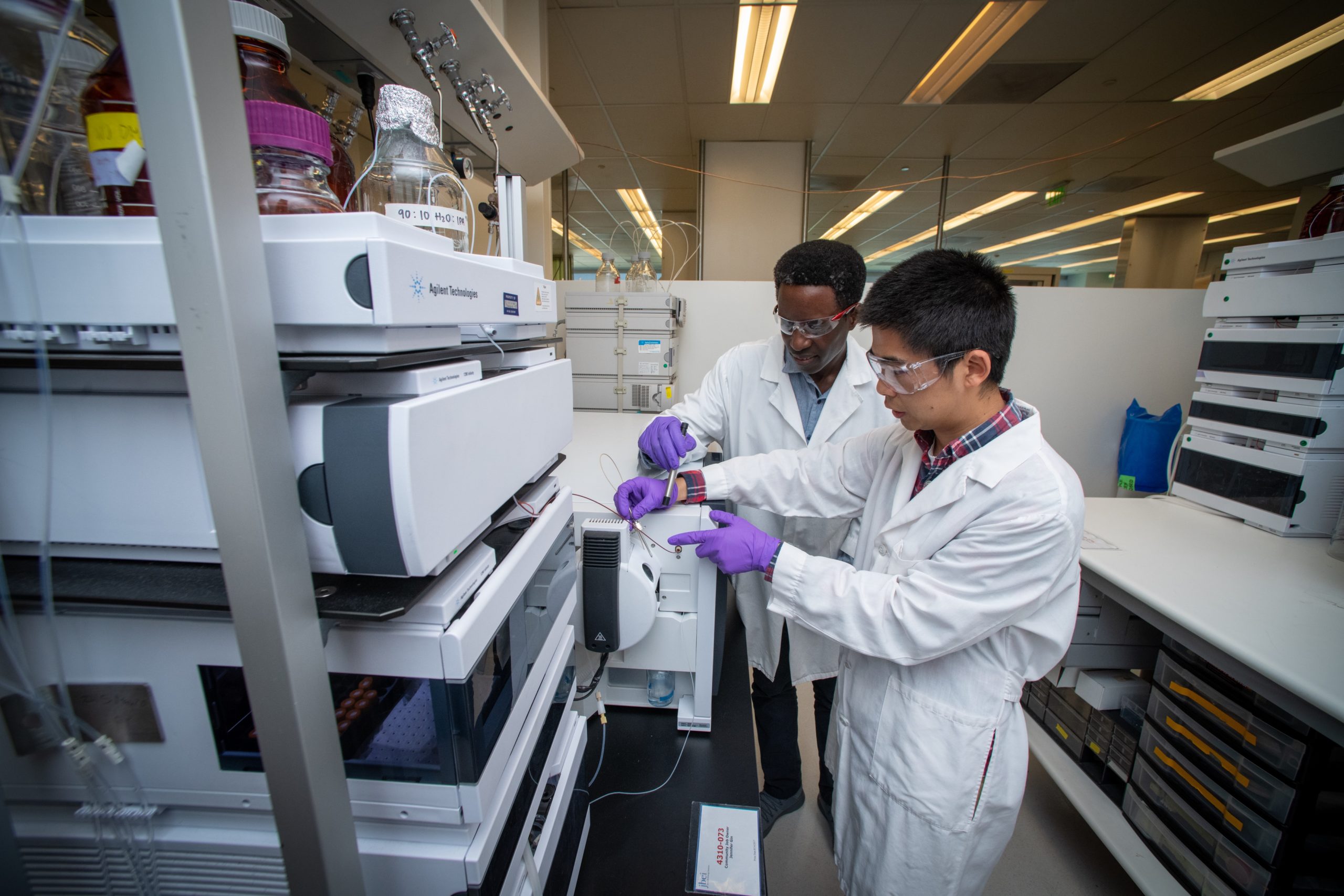Today, the U.S. Department of Energy (DOE) announced the selection of 6 projects totaling over $5 million to conduct research and development needed to accelerate the U.S. biomanufacturing sector. As part of the DOE Bioenergy Technologies Office (BETO) Agile BioFoundry (ABF) consortium, these projects will leverage national laboratory capabilities to address challenges in biomanufacturing.
DOE has selected the following projects:
- Huue (Oakland, CA), will build on existing biotechnology to improve the production of biosynthetic indigo dye, a sustainable replacement for fossil-derived indigo.
- Industrial Microbes (Alameda, CA), will work on eliminating barriers to the use of gaseous feedstocks by creating a predictive model that identifies productivity improvements, forecasts performance, and enhances the robustness of gas fermentation processes.
- LanzaTech (Skokie, IL), will expand the genetic engineering toolbox of the non-model organism Clostridium spp. in order to accelerate the discovery process of next-generation biofuels and chemicals.
- Levadura Biotechnology (San Diego, CA), will work on efficient production of triacetic acid lactone, a precursor to several bio-based products.
- Technology Holding (Salt Lake City, UT), will develop a bio-based replacement for adipic acid, a precursor of nylon, aiming to generate enough material for testing with partners in the fashion industry.
- TeselaGen Biotechnology (San Francisco, CA), will lay the foundation for deploying artificial intelligence on community-generated data, saving resources and speeding up the biomanufacturing commercialization timeline.
Each of the ABF Directed Funding Opportunity awardees have been invited to collaborate with national lab research facilities to conduct their proposed research. This assistance by the national laboratories will aim to develop novel microbial hosts and bioproducts, use cutting-edge artificial intelligence and machine learning in synthetic biology, and address the problem of production heterogeneity in industrial microbiology. Each of the awardees has committed to a minimum 20% cost-share contribution.


